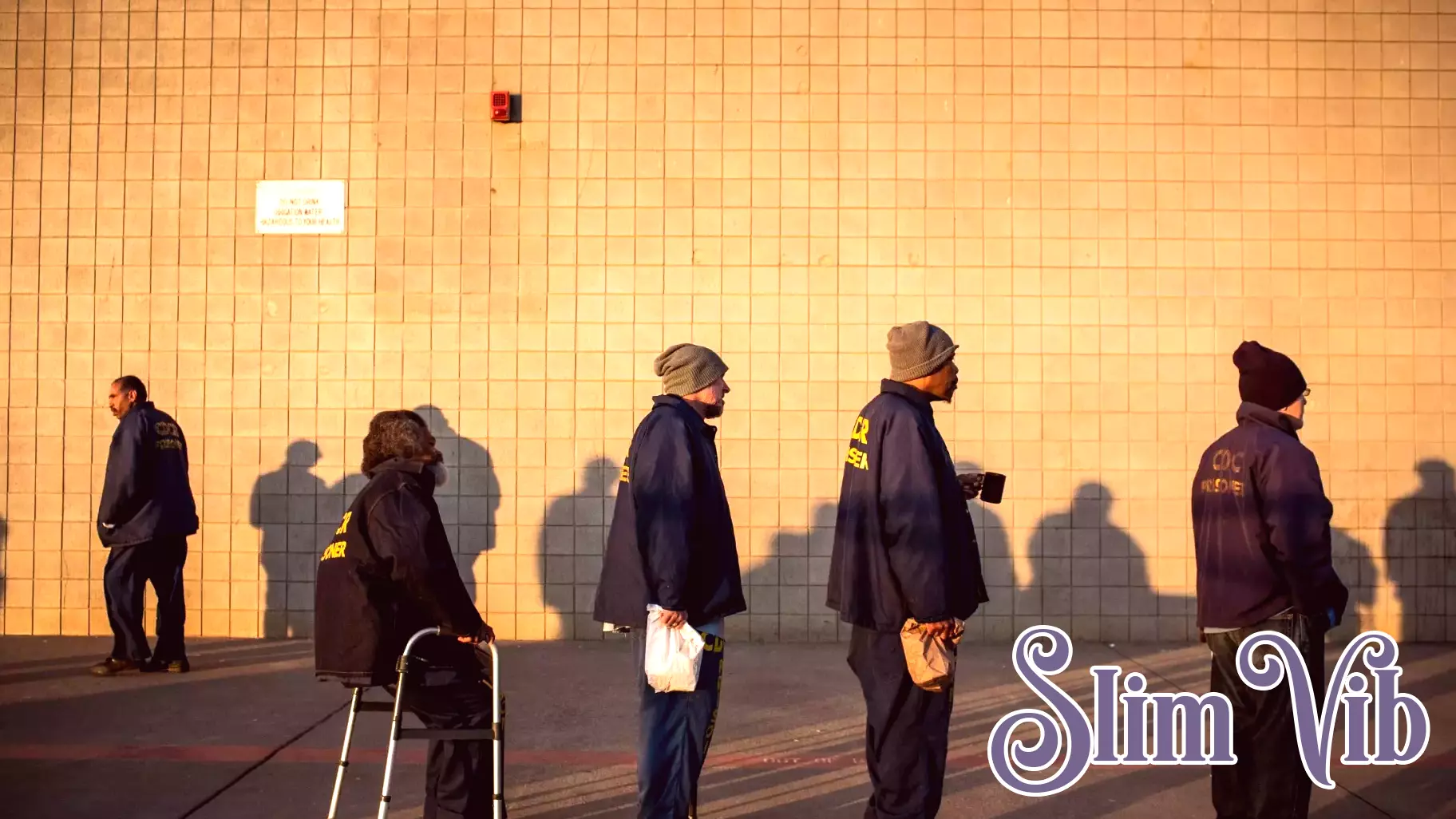December 24, 2024 - 18:56

As the demographics of the carceral system shift, prisons are increasingly faced with the challenge of addressing the unique health care needs of their aging populations. The growing number of elderly inmates presents a significant health care crisis, prompting institutions to explore innovative solutions. One such approach gaining traction is peer caregiving, where inmates are trained to provide support and assistance to their fellow incarcerated individuals.
Peer caregiving not only helps alleviate the burden on prison healthcare systems but also fosters a sense of community and responsibility among inmates. By empowering individuals to take care of one another, prisons can create a more humane environment that recognizes the dignity of all inmates, regardless of their past actions. This model encourages rehabilitation and personal growth, transforming the prison experience into one that promotes mutual support and understanding.
As the need for effective health care solutions continues to grow, peer caregiving may prove to be a vital component in reforming the way we approach inmate care, ultimately leading to better outcomes for both individuals and the prison system as a whole.



